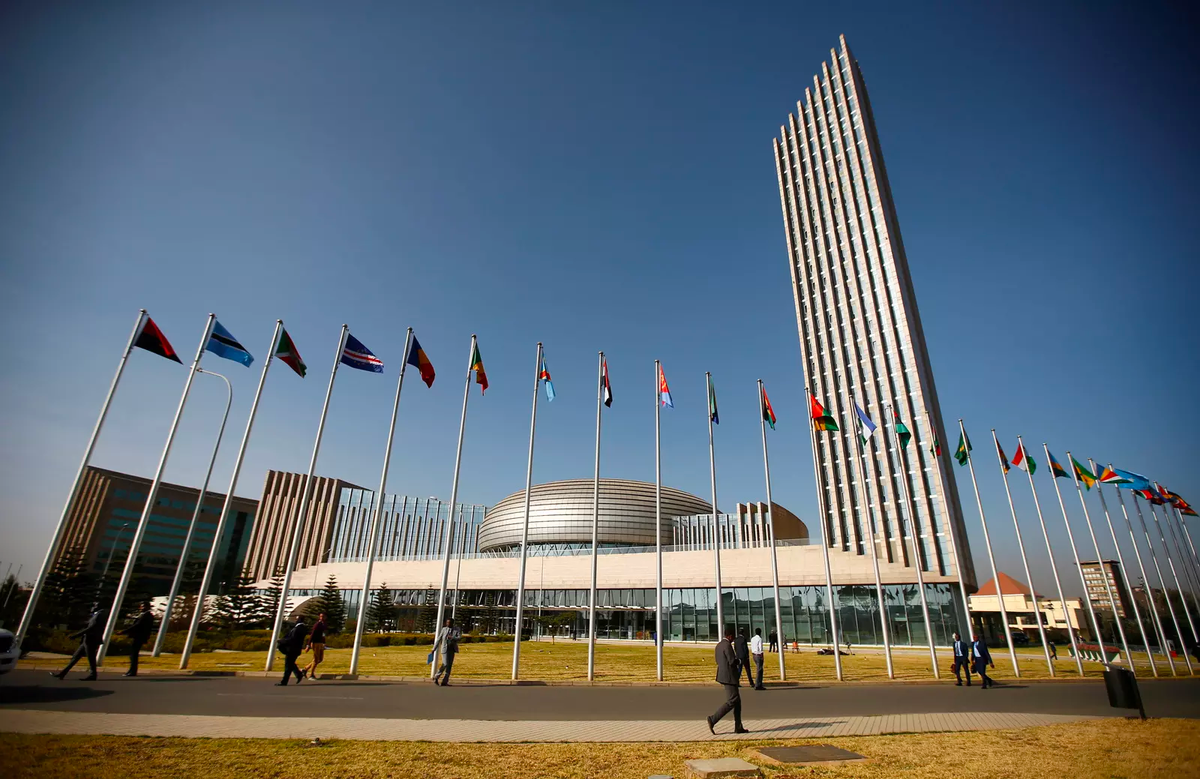The African Union aims to create its credit rating agency. Here's why.
The African Union plans to create a new sovereign credit rating agency that it says could provide more accurate risk assessments for governments across the continent.

What is a Credit Rating Agency?
A credit rating agency (CRA) is a company that assesses the financial strength of companies and government entities, especially their ability to meet principal and interest payments and the likelihood of default.
Dominating Credit Agencies
The credit rating industry is dominated by three major agencies, known as the "Big Three": S&P Global Ratings (S&P), Moody's, and Fitch Group. These agencies assess the financial strength of companies and government entities, especially their ability to repay debt5. They use letter grades to assign analyses and independent assessments of companies and countries that issue debt securities. The ratings differ among the three agencies, but they all provide investors with information about companies and the issuers of debt-based investments.
The Need for African-Focused Credit Agency
We need to foster agency for African people to meet development aspirations and a system where risk can be fairly priced”
— Ahunna Eziakonwa, UN Assistant-Secretary General
The proposal, detailed in a recent United Nations Economic Commission for Africa report, highlights deficiencies in current leading credit rating agencies, citing “significant errors in their ratings" due to narrow assessments that don’t take into account positive economic indicators and can impact the flow to capital in the region.
“It is envisaged that the ACRA would provide balanced and comprehensive opinions on African credit instruments to support affordable access to capital and the development of domestic financial markets,” the report states.





